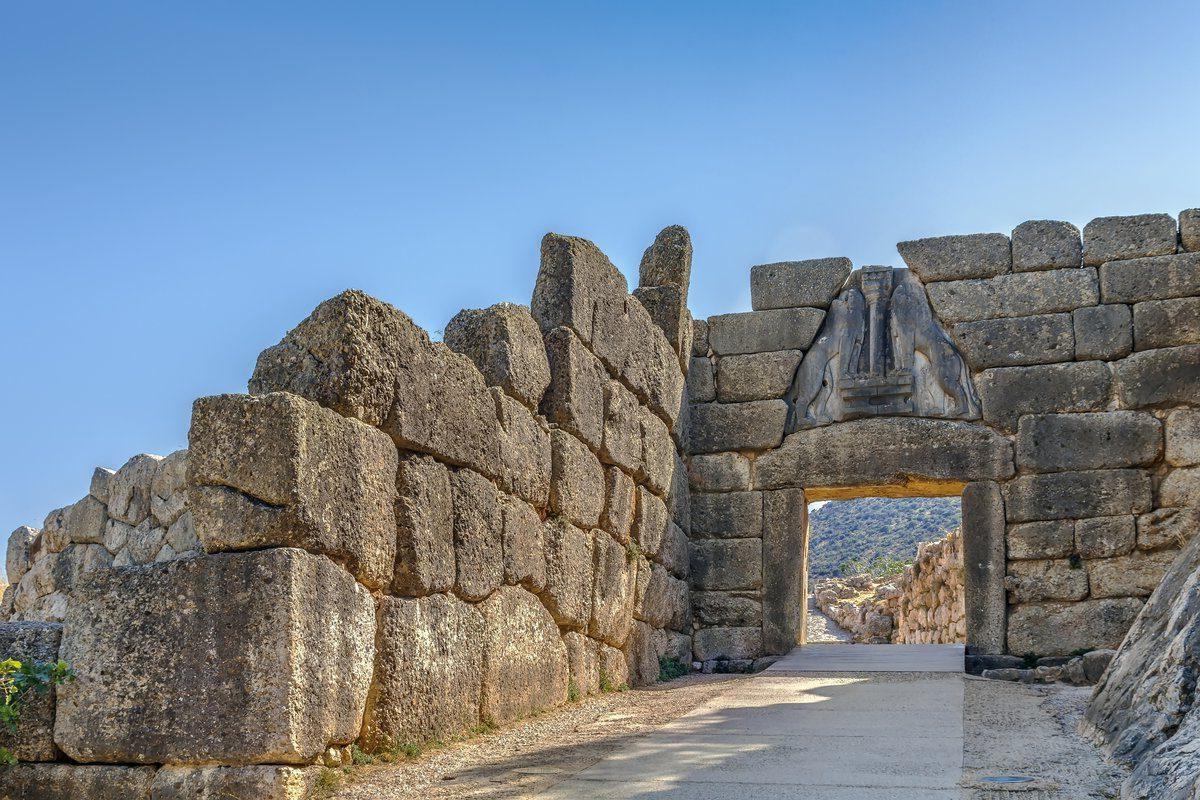
The Mycenaean Civilization flourished in ancient Greece from around 1600 to 1100 BCE. Known for their impressive palaces, advanced engineering, and rich culture, they left a lasting impact on Greek history. But what made the Mycenaeans so special? They were skilled warriors, traders, and builders. Their society was hierarchical, with powerful kings ruling from fortified palaces. They used a script called Linear B, one of the earliest forms of Greek writing. Did you know they also inspired many Greek myths, including the tales of the Trojan War? Dive into these 15 fascinating facts to learn more about this influential civilization.
The Origins of Mycenaean Civilization
The Mycenaean civilization, flourishing between 1600-1100 BCE, was a significant precursor to classical Greek culture. Let's dive into some fascinating facts about this ancient society.
-
The Mycenaeans were named after their most famous city, Mycenae. This city, located in the northeastern Peloponnese, was a major center of Greek civilization and a military stronghold.
-
Linear B script was used by the Mycenaeans. This early form of Greek writing was primarily used for record-keeping and administrative purposes.
Mycenaean Society and Culture
Understanding the social structure and cultural practices of the Mycenaeans provides insight into their daily lives and beliefs.
-
Mycenaean society was hierarchical. At the top was the wanax (king), followed by a warrior aristocracy, and then the common people.
-
They practiced elaborate burial rituals. Wealthy individuals were buried in tholos tombs, which were large, beehive-shaped structures.
-
Mycenaeans were skilled in metalworking. They produced intricate gold jewelry, weapons, and ceremonial masks, like the famous Mask of Agamemnon.
Mycenaean Economy and Trade
The Mycenaean economy was robust, supported by agriculture, craftsmanship, and extensive trade networks.
-
They traded extensively across the Mediterranean. Mycenaean pottery has been found in Egypt, Italy, and the Levant, indicating wide-reaching trade connections.
-
Agriculture was the backbone of their economy. They cultivated grains, olives, and grapes, which were essential for their diet and trade.
-
They built impressive palaces. These structures served as administrative centers and were often fortified, reflecting the importance of defense.
Mycenaean Warfare and Military
The Mycenaeans were known for their military prowess, which played a crucial role in their expansion and influence.
-
They were formidable warriors. Mycenaean soldiers used chariots in battle and were equipped with bronze weapons and armor.
-
Fortified citadels protected their cities. These strongholds, such as the one at Mycenae, featured massive walls known as Cyclopean masonry.
Mycenaean Religion and Mythology
Religion and mythology were integral to Mycenaean life, influencing their art, architecture, and daily practices.
-
They worshipped a pantheon of gods. Many of these deities, like Zeus and Hera, were later incorporated into classical Greek mythology.
-
Religious rituals were conducted in megarons. These large halls in palaces served as the primary locations for worship and ceremonies.
The Decline of Mycenaean Civilization
The reasons behind the decline of the Mycenaean civilization remain a topic of scholarly debate.
-
The civilization collapsed around 1100 BCE. Possible causes include natural disasters, invasions, and internal strife.
-
The fall led to the Greek Dark Ages. This period saw a decline in population, literacy, and cultural achievements.
-
Mycenaean influence persisted in later Greek culture. Elements of their language, art, and mythology continued to shape Greek civilization for centuries.
The Legacy of the Mycenaeans
The Mycenaean Civilization left a lasting impact on history. Their advancements in architecture, military tactics, and trade networks laid the groundwork for future civilizations. The Linear B script they developed is one of the earliest forms of Greek writing, providing valuable insights into their society. Their palatial centers and fortifications showcase impressive engineering skills. The Mycenaeans also played a crucial role in the Trojan War, a story immortalized in Homer's epics. Despite their decline around 1100 BCE, their influence persisted through the Greek Dark Ages and into the Classical period. Understanding the Mycenaeans helps us appreciate the roots of Western civilization. Their legacy continues to fascinate historians and archaeologists, reminding us of the rich tapestry of human history.
Was this page helpful?
Our commitment to delivering trustworthy and engaging content is at the heart of what we do. Each fact on our site is contributed by real users like you, bringing a wealth of diverse insights and information. To ensure the highest standards of accuracy and reliability, our dedicated editors meticulously review each submission. This process guarantees that the facts we share are not only fascinating but also credible. Trust in our commitment to quality and authenticity as you explore and learn with us.


